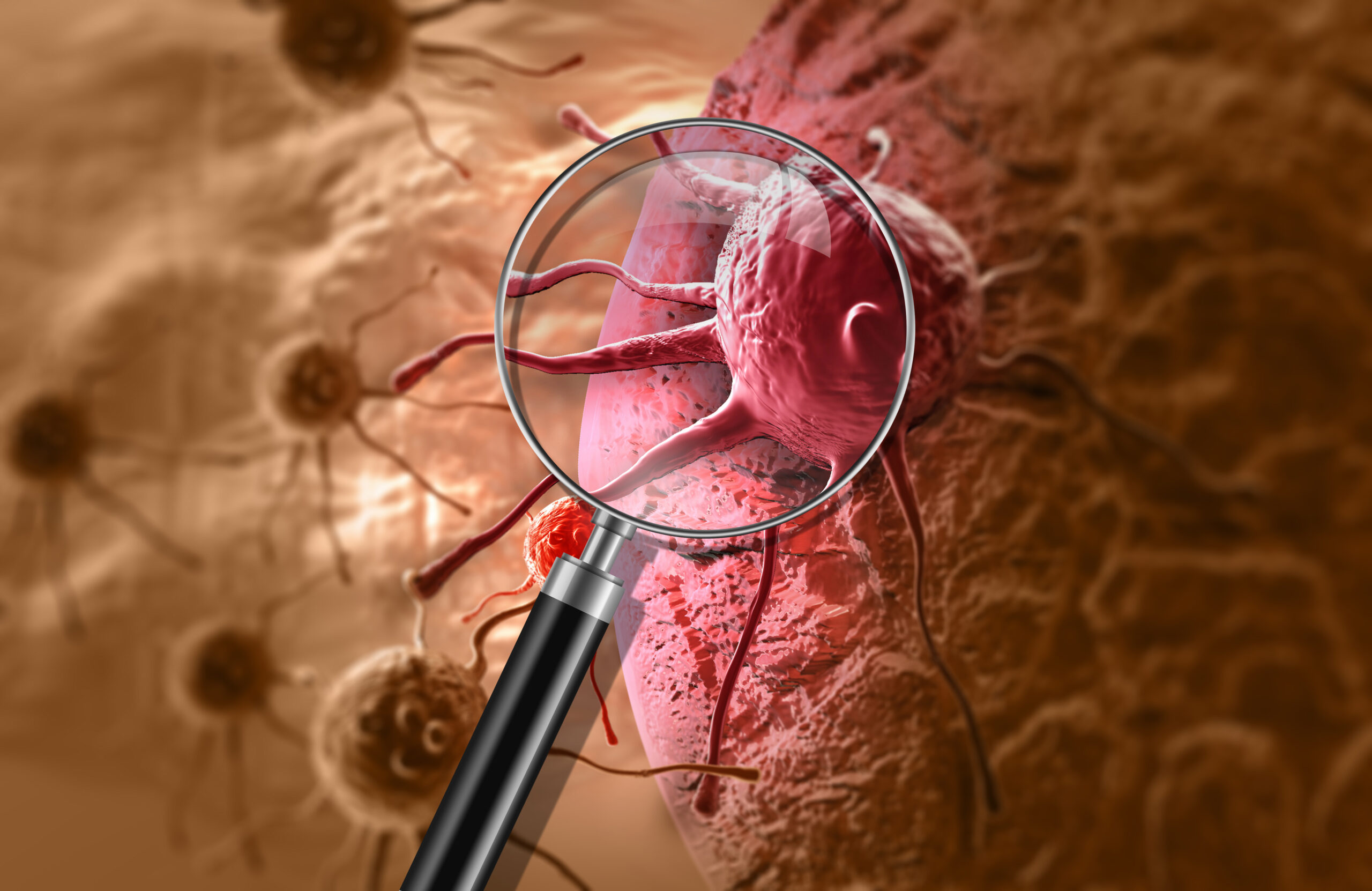With the many forms of cancer treatment, one promising technique involving therapeutic bacteria is making strides in regard to the future of cancer treatment. Although the technique needs more development, it remains a promising start. With this technique, scientists have crafted an “invisibility cloak” that allows genetically modified bacteria to sneak past the body’s defense system and target cancerous cells.
With the help of genetic engineering, bacteria can have the potential to carry anti-cancer drugs and target primary tumors and metastasis. However, as promising as therapeutic bacteria is, one limitation of the technique lies in the bacteria itself and the toxicity it can cause inside the body. The body’s adaptive immune system can quickly recognize these bacteria as a threat and trigger an inflammatory response accordingly. Because of this problem, dosage of the bacteria must be carefully controlled, which compromises the efficacy of the trials.
Bacterial cells entering an organism.
Image Source: Henrik5000
To combat this issue, a team at Columbia University has engineered a probiotic E.Coli strain to include a molecule called IPTG, which acts as an “invisibility cloak” to encapsulate the bacteria for a desired amount of time, thus preventing the immune system from destroying the bacteria. This creation is known as an inducible CAP (iCAP), and according to mouse tumor experiments, the team managed to increase the dosage of the bacteria by 10 times without harming the body immensely. As the IPTG molecule and “invisibility cloak” wore away, the level of toxicity decreased, as the bacteria was safely cleared away in other body parts to keep side effects at a minimum. The team also created another version of iCAP that holds the ability to shrink tumors in colorectal and breast cancer models more efficiently than a controlled experiment. This form of cancer treatment appears extremely effective in targeting the tumor issue and releasing a specific, yet harmless, dosage of the drug.
Featured Image Source: vitanovski










